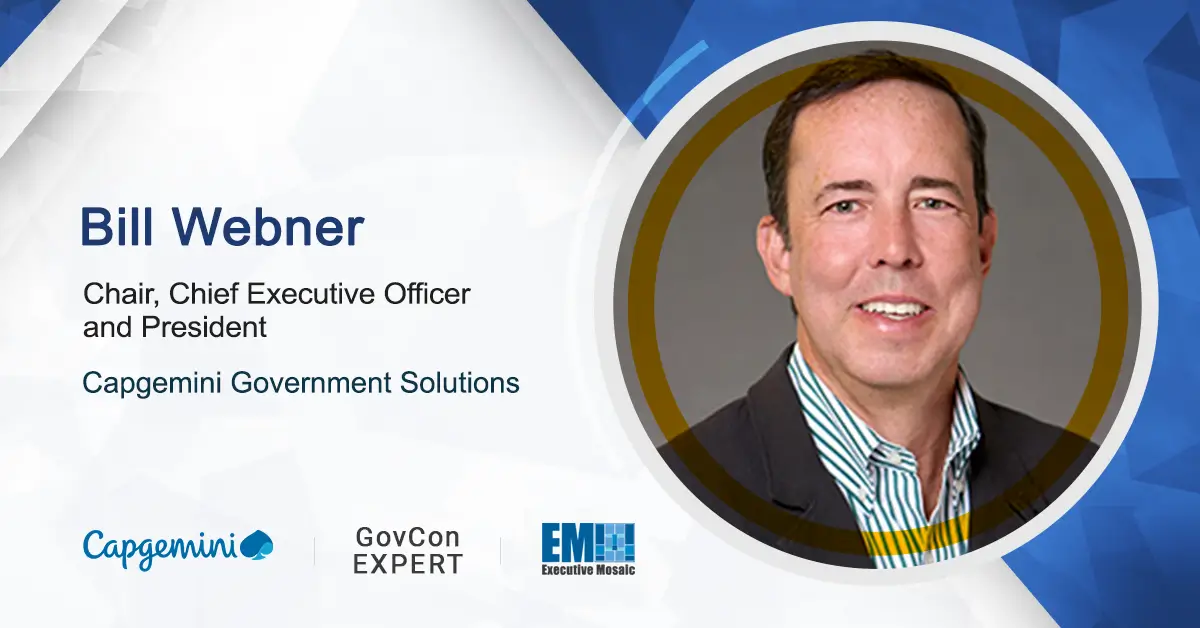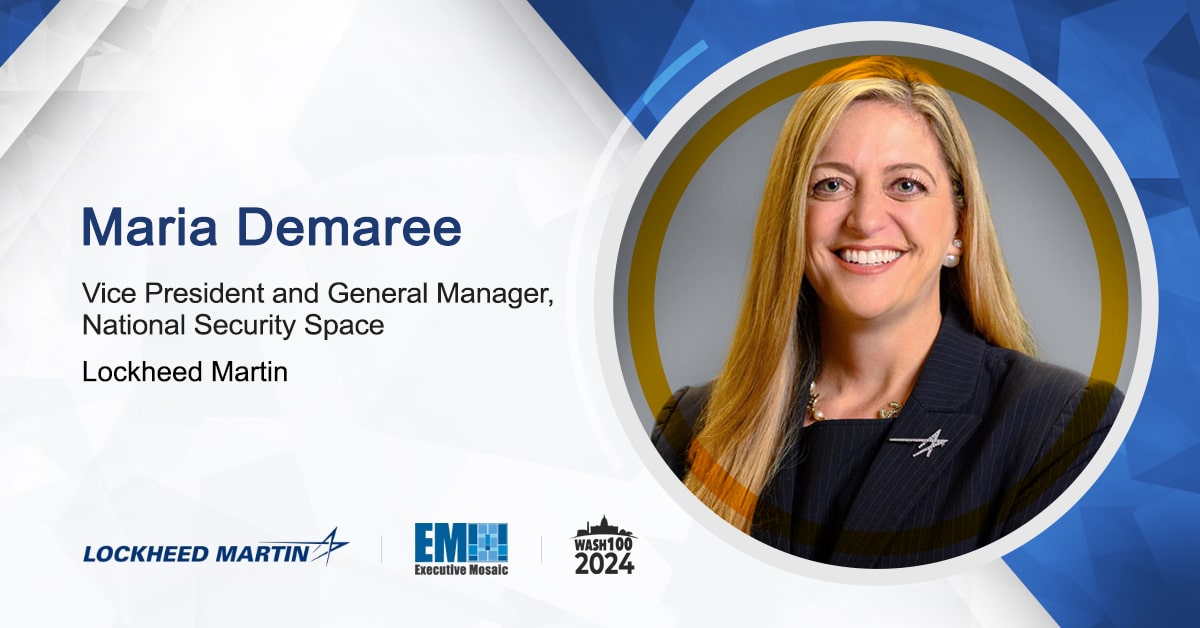 On Wednesday, Feb. 13th, GovCon leaders from public and private sectors gathered at the Hilton in McLean, Va., for the Potomac Officers Club’s 2019 Artificial Intelligence Summit.
On Wednesday, Feb. 13th, GovCon leaders from public and private sectors gathered at the Hilton in McLean, Va., for the Potomac Officers Club’s 2019 Artificial Intelligence Summit.
Dana Deasy, the chief information officer for the Department of Defense and 2019 Wash100 award winner, delivered the event’s opening keynote address. The first panel of experts followed Deasy with an enthusiastic discussion providing deep thought analysis about the advancement of AI and the challenges facing GovCon leaders as AI technology continues to develop.
After a break and the second keynote address of the event from Dean Souleles of the ODNI, the second expert panel took the stage to continue the discussion on the challenges federal agencies are facing while implementing AI into their businesses and more specific issues. This panel featured Erik Grant of Raytheon, Teresa Smetzer of the CIA, Chris Shank of DoD and Dr. Alexander Kott of the U.S. Army. Gavin Greene of NT Concepts acted as the panel’s moderator.
Teresa Smetzer is the director of digital futures at the CIA’s Directorate of Digital Innovation and she’s been the CEO of Smetzer Associates since 2004. Her comments regarding AI during the panel were focused on thinking about the authenticity of information and data from a systems perspective. With 130 projects developing, Smetzer explained it was imperative to share the best practices and collaborate with people working on the same issues to find solutions more quickly.
Smetzer commented that it’s also not 100 percent about the technology. She explained that bureaucratic policies that made sense 20 years ago are still holding innovators back and AI could reform those policies to create updated processes.
As the Director of the Strategic Capabilities Office, Chris Shank’s mission is developing new and innovative methods to shape and counter emerging threats across all domains. Shank argued that AI should be used to fix a specific problem at a time. Unfortunately, Shank also acknowledged a number of legislative tools were created to speed along the process of innovation, but it’s middle management that slows things down. The process is knowing how to get around roadblocks.
Erik Grant is the mission area technical director and he provides engineering leadership for Raytheon’s business development, capture/proposal and R&D business areas. He’s more focused on modernizing current programs and how DoD can implement AI into intelligence systems for the future to enhance human decision-making with the best information possible.
 Grant questions how humans can establish trust with artificial intelligence and the information it provides in high pressure situations. For instance, it’s common for drivers to use Google Maps or Waze for navigation, but not everyone trusts the route the machine offers. Grant argues we need to establish a deeper trust with AI before it can get us home safely or implement into the military.
Grant questions how humans can establish trust with artificial intelligence and the information it provides in high pressure situations. For instance, it’s common for drivers to use Google Maps or Waze for navigation, but not everyone trusts the route the machine offers. Grant argues we need to establish a deeper trust with AI before it can get us home safely or implement into the military.
“Uber drivers are being told by machines where to go and how to get there, but there’s no serious awareness of the importance of that. The technology has been accepted. We must start asking bigger questions and make smart decisions with AI and machine learning,†Dr. Kott said.
He argued that we need to continue to innovate because what works today won’t necessarily work tomorrow. If a particular technology can best an adversary, that adversary will eventually change their methods to gain the upperhand. Dr. Kott also argues that developing prototypes and showing middlemen something that works is a better concept that trying to convince them that an idea could work. In a nutshell, Dr. Kott recommended bringing results, not just ideas to the table.
After the panel’s time came to an end, the 2019 Artificial Intelligence Summit moved onto Dawn Meyerriecks for the final keynote address. Meyerriecks finished the event with a riveting speech offering a different perspective on America’s struggles with AI and how we can innovate faster.
In April, Potomac Officers Club will host the 3rd annual Border Protection Innovations and Technology Forum. You can reserve your seat for the event right here.






